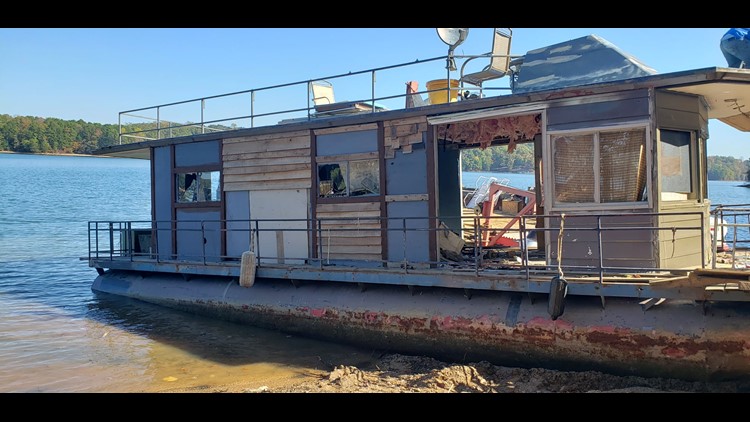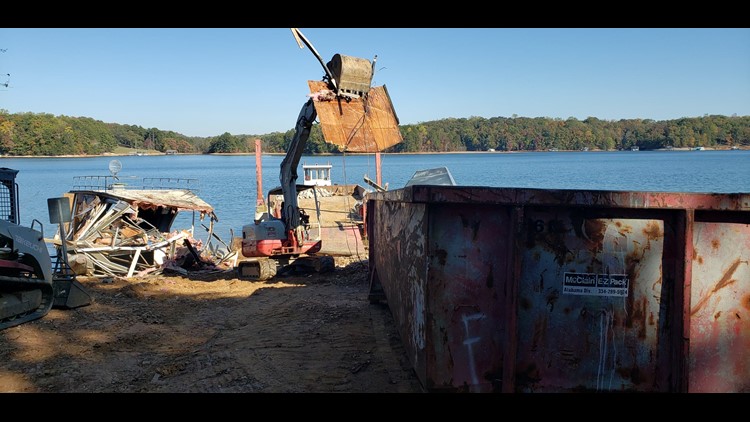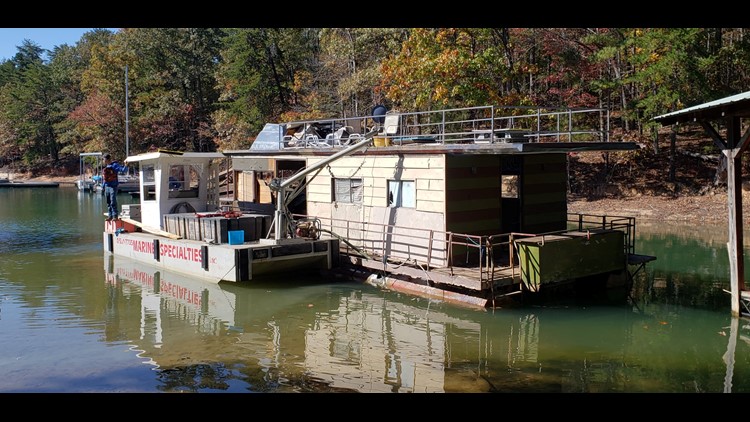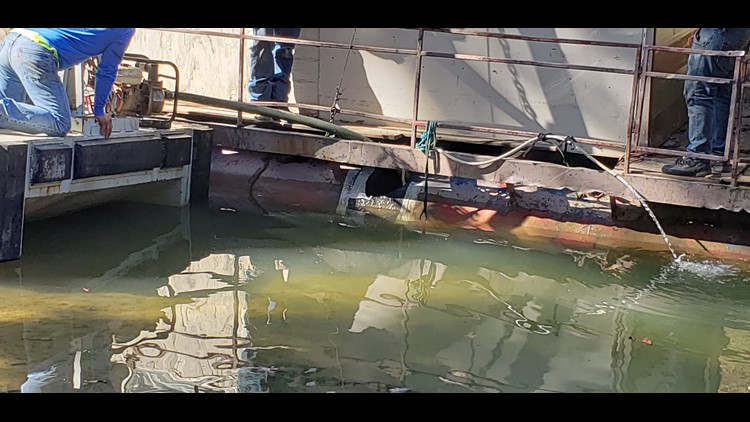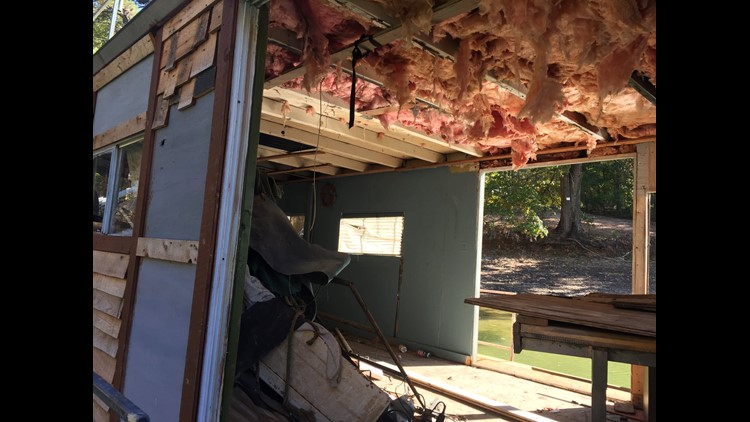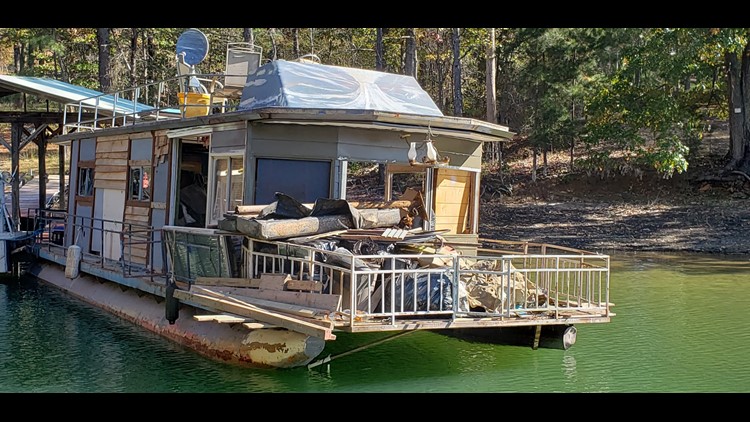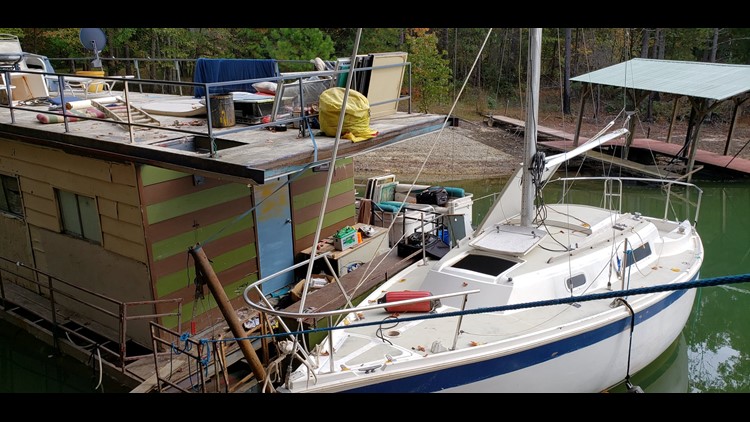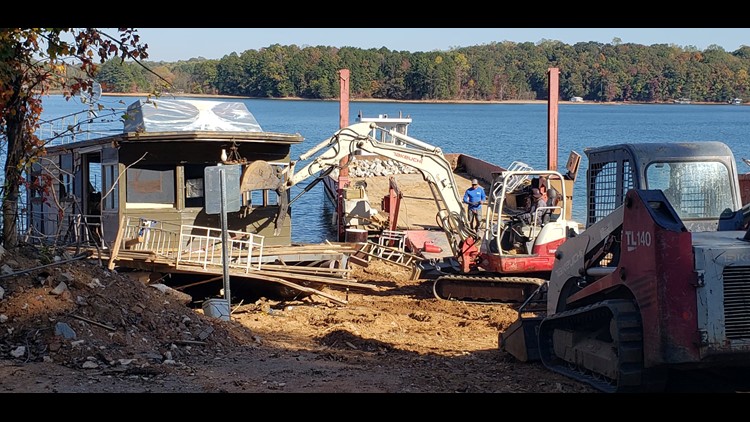ATLANTA — The Chattahoochee Riverkeeper says tests done last year show Lake Lanier has its highest level of algae, also known as chlorophyll, in 20 years. Those algae blooms affect the smell and taste of water that comes from the lake, even after processing at a water treatment plant.
"Parts of Gwinnett, Forsyth, and Hall County pull water straight from Lanier to treat and distribute for drinking," said Dale Caldwell, Chattahoochee Riverkeeper Headwaters Director.
The Riverkeeper says excess nutrients flowing into the lake are the reason for the algae blooms. The nutrients come from runoffs from sewage treatment plants, stormwater, farming and industrial operations.
“The high algae levels that we saw in 2019 indicate that we need to do a better job of controlling the amount of nutrients flowing into the lake,” said Cardwell.
The recent rains have exacerbated the problem. More rain is expected in this week’s forecast.
According to the Riverkeeper, water samples collected from Lake Lanier in recent years exceed the maximum level set by the state. The group is calling on Georgia’s Environmental Protection Division to speed up a federally required cleanup plan which should reduce the nutrients in the lake.
“This alarming spike in chlorophyll levels highlights the need for this cleanup plan,” said Jason Ulseth with the Chattahoochee Riverkeeper. “We will be doing everything we can to make sure that those who manage the sources of the excess nutrients flowing into Lake Lanier are taking action to address this public health threat as quickly as possible.”
Lake Lanier abandoned boats removed
The Riverkeeper is a non-profit organization that tries to protect and preserve the Chattahoochee River and its watershed. That includes monitoring Lake Lanier.
MORE LAKE LANIER STORIES:



